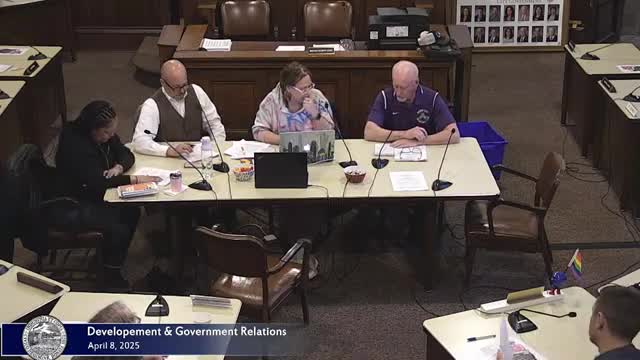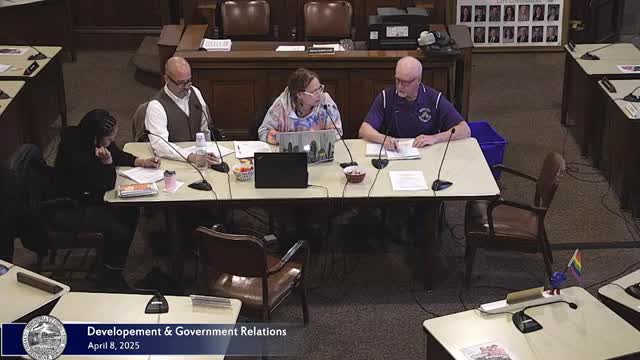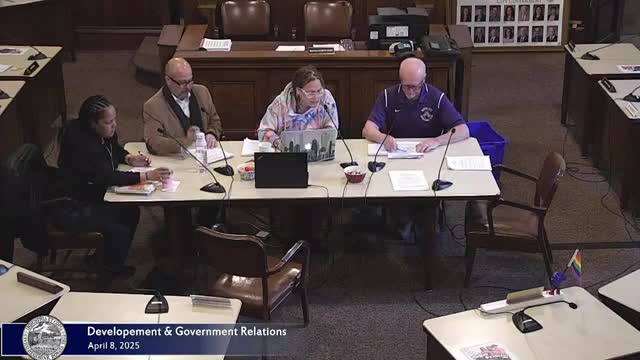Article not found
This article is no longer available. But don't worry—we've gathered other articles that discuss the same topic.

State delegation meets with Holyoke subcommittee; discusses emergency funding, veterans home, transportation, behavioral health and local impacts of cannabis

Finney family cemetery application continued to May 5 for additional testing

